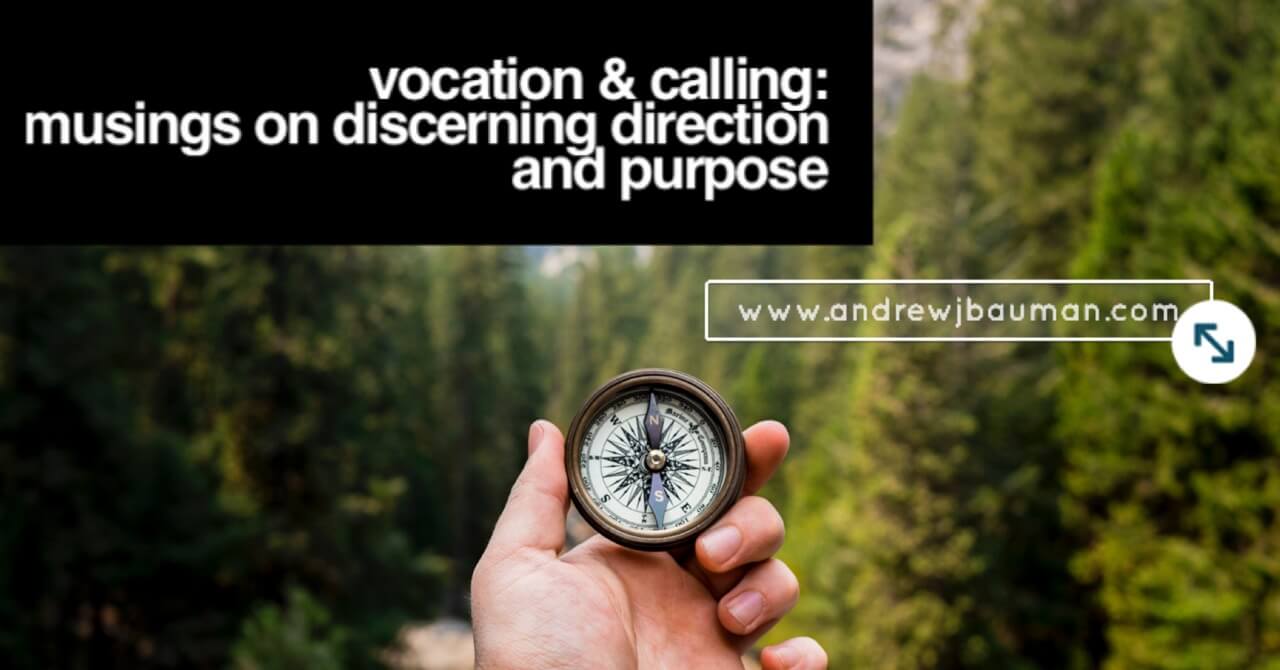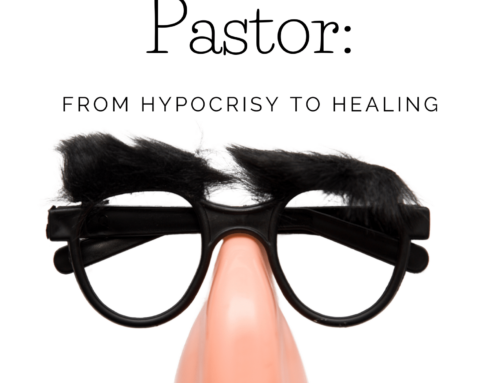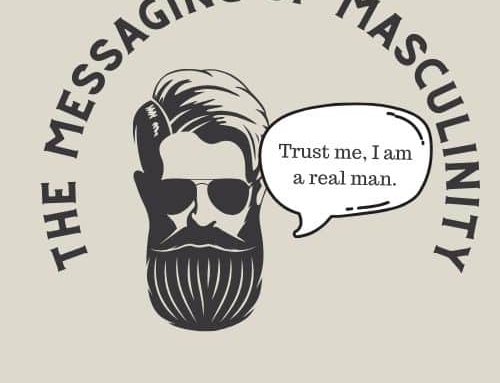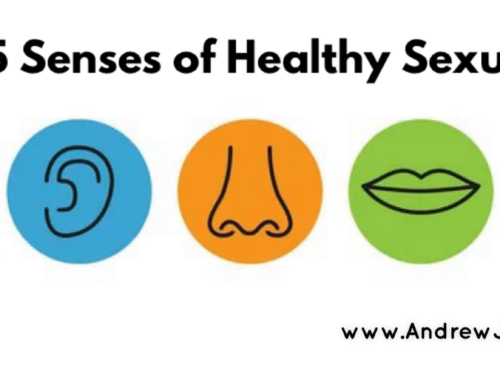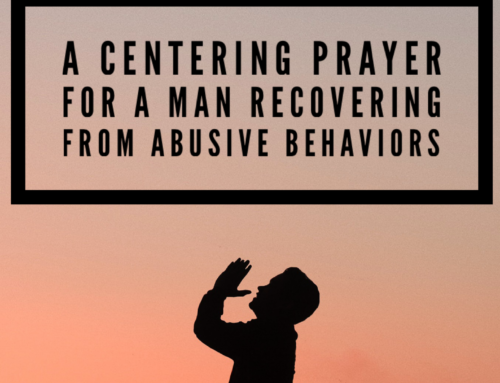The romanticized idea of continued schooling/training or of stepping out into a career often clash with the stark truth. The first can mean strained finances, relationships, and pulling all-nighters, while the second could look like a nine-to-five, consistent income, and vacation time. Each is hard in different ways. Very hard. I wish I could tell you which choice could make all your dreams come true, but my career as a fortune-teller never materialized. Instead, I want to share some ideas I’ve picked up over the years that have proven helpful in embarking on my calling as a psychotherapist and author.
-
Listen to your life
Activist and author Parker J. Palmer writes, “Before I can tell my life what I want to do with it, I must listen to my life telling me who I am. I must listen for the truths and values at the heart of my own identity, not the standards by which I must live- but the standards by which I cannot help but live.”
This passage from Palmer staggers me. For years, I tried to listen to unspoken standards set by my family, church, and society. My roles as a salesman, coach, financial advisor, and finally, pastor never quite fit like I hoped they would.
When I listen to the heartbreak of my story, I hear the tale of a boy trying to save his father from years of self-inflicted destruction with sexual shame and substance abuse, set in a rigid and conservative upbringing that hindered my humanity, setting strict guidelines for knowing God and receiving love. In knowing more fully the orphaned parts of myself, I see a lifelong search for a father figure to help guide me. All of these parts of my story play a vital role in the calling I now find myself fully stepping into as a therapist and writer.
Though the makings of my calling began in June of 1982, a huge step toward reaching this dream took place in 2007 when I followed the next bold step of this wild calling, leaving a successful ministry working alongside some of my best friends in Georgia to move 3,000 miles away to Seattle and pursue a Master’s in Counseling Psychology at Seattle School of Theology & Psychology. My life up to that point had been walking beside those who were broken-hearted and I knew I wanted that to be my life’s work. Now, twelve years later, I have survived graduate school and stepped into my calling as a mental health therapist and author. I’ve never felt more alive.
The word “vocation” is derived from the Latin word meaning “voice.” As we remove the noise in our lives, we hear more clearly our own true voice of vocation. Vocation is not a goal that I pursue—it’s a calling I hear.
-
Purpose versus productivity
In a backward sense, purpose chooses us. Listening to who we are, we become who we are meant to be. As we engage purpose rather than productivity, we automatically feel the tension between our cultural values. More times than not, production is the only way we can pay our bills and put food on the table. Our life feels like a constant choice between selling out to the man or risking not being able to provide for our family. Inevitably, we choose to feed our children, continue to produce, and live the rat race as our souls retreat further into hiding. I recall one miserable summer after college where I worked pushing papers for a financial firm. (Thank the good Lord for solitaire.) My soul nearly died that season. The only thing that got me out of bed and into the office at 7:00 a.m. was the money. I was saving for my 2½ month trip to Africa at the end of the summer. That purpose was the only breath in my lungs. Whatever you choose, there’s deep value in knowing why we do what we do. The soul of our work must be in line with the soul of our being.
-
Ask around
It is wise to invite your community to your decision. Inquire openly and with genuine curiosity. Ask tough questions like, “Who am I to you?”, “What do you see me doing?”, or “When have you seen me most joyful?” Decisions made in isolation can be very limiting. Humbly inviting your community into your thought process can shed much-needed light into the shadows of a tough choice. A community’s wisdom can be advantageous by helping you understand yourself and your effect on the world around you with more depth and deepening your discovery of purpose and placement.
-
Creativity instead of normalcy
About a decade ago, my wife and I decided to save a portion of our wedding money and purchase an 11-acre farm in Malawi, Africa to start our first economic development project under the name Collective Hope. Could we have used that money elsewhere? Definitely. My student loans were beginning to pour in, things on my 1993 Volkswagen decided to stop working—yet all of these things seem so minimal; a small story in comparison to the larger narrative I wanted to be taken into.
I want my life and my family’s lives to matter (I also fully acknowledge this is a place of great privilege, and because of my privilege and wealth we can ask these important questions). I long to be creative in the way I engage the world and our God. Though our ministry in Malawi only lasted 3 years, we learned many vital skills and fostered an imagination that is infectious. This creativity looks different for each individual. Maybe for you, it’s further training, maybe it’s pursuing a career you have dreamt of since you were a child. I do not know your answer, yet I do know in the moments of our most acute futility God becomes most present.
-
God is in all decisions
Maybe this truth takes some of the pressure off, then again, it may only add to it. We often desire a God of absolute clarity, but again and again, God leads us into a deeper and darker mystery and faith. In our searching, he continues to whisper that he will always be and, in this being, always be good. God will not leave you because of a decision you make or don’t make. He will continue to guide you and transform you whether you are a real estate agent, a landscaper, store manager, or a professional snake milker. (Yes, I promise that is a real thing.)
So, what now? There are no easy or one size fits all answers here. Yet I am confident if you allow yourself to wrestle with these principles and dive deeper into the questions, clarity will emerge. Presbyterian minister and author Frederick Buechner said it best when he wrote, “The place God calls you to is the place where your deep gladness and the world’s deep hunger meet.” My hope is you grapple with your deep gladness, letting your smiles guide you into a calling where the world will be forever changed.
